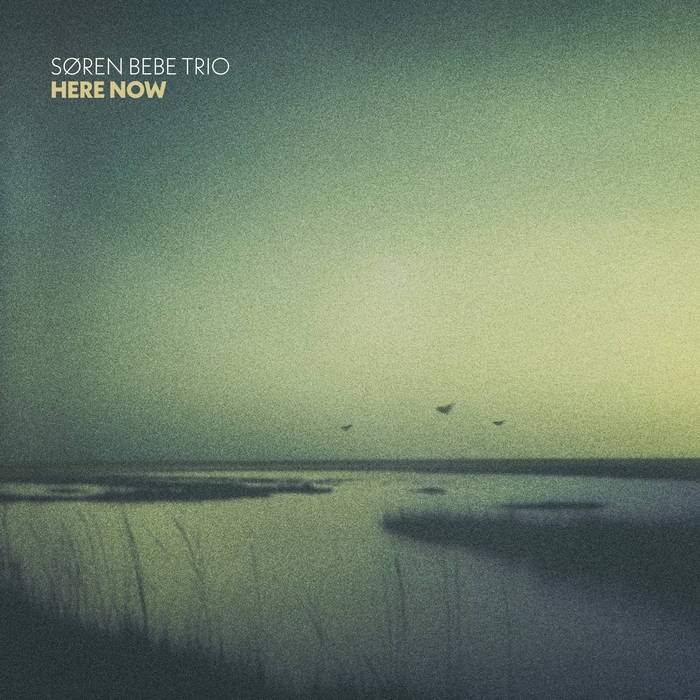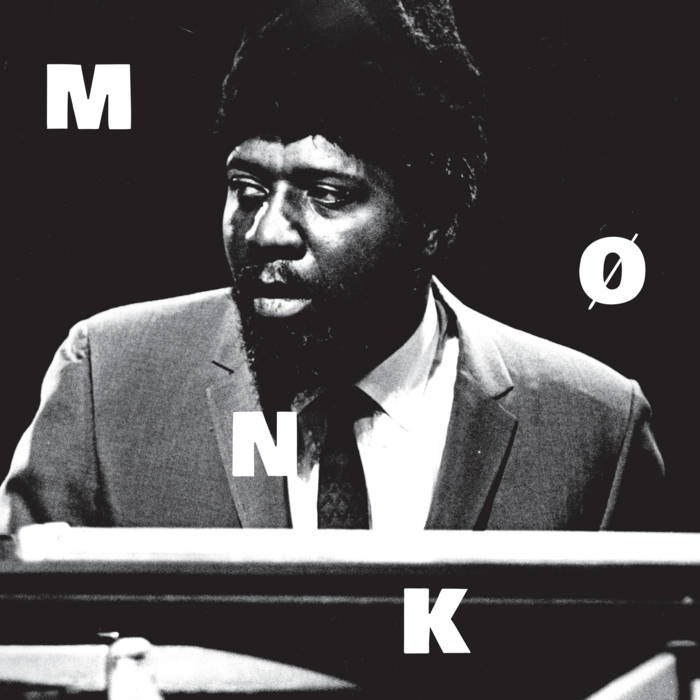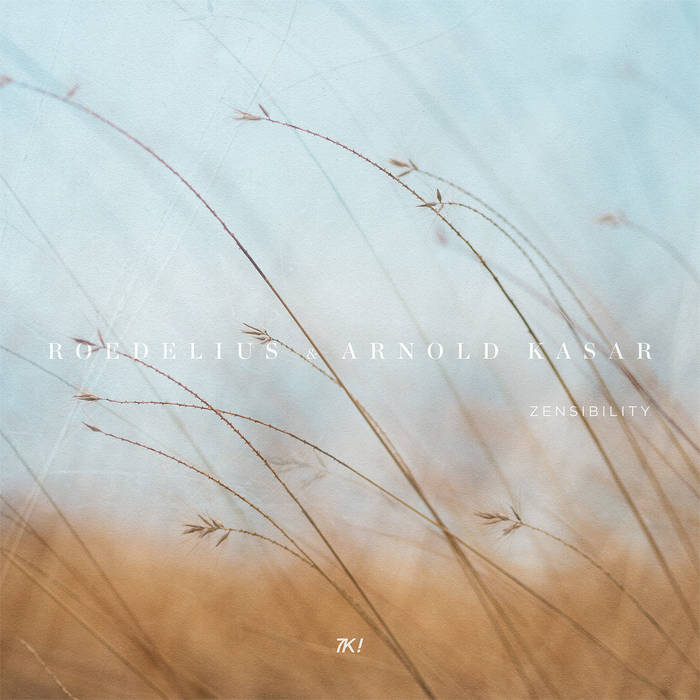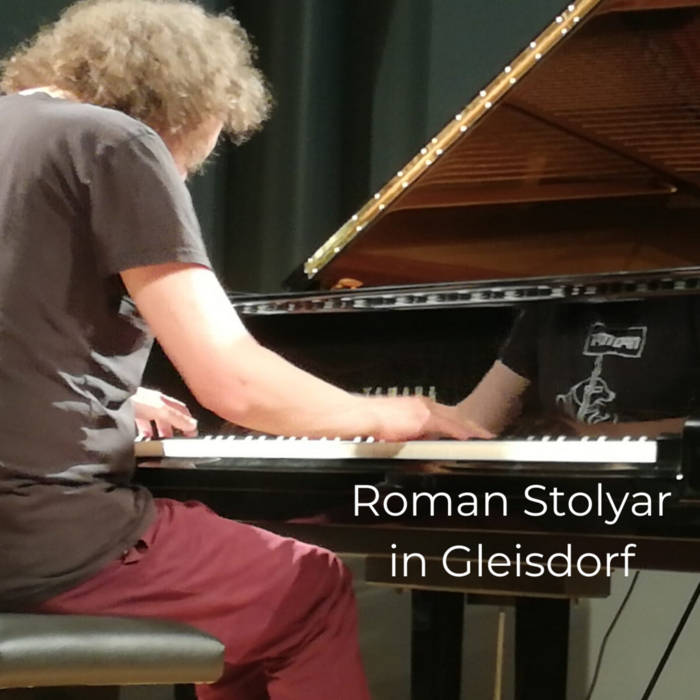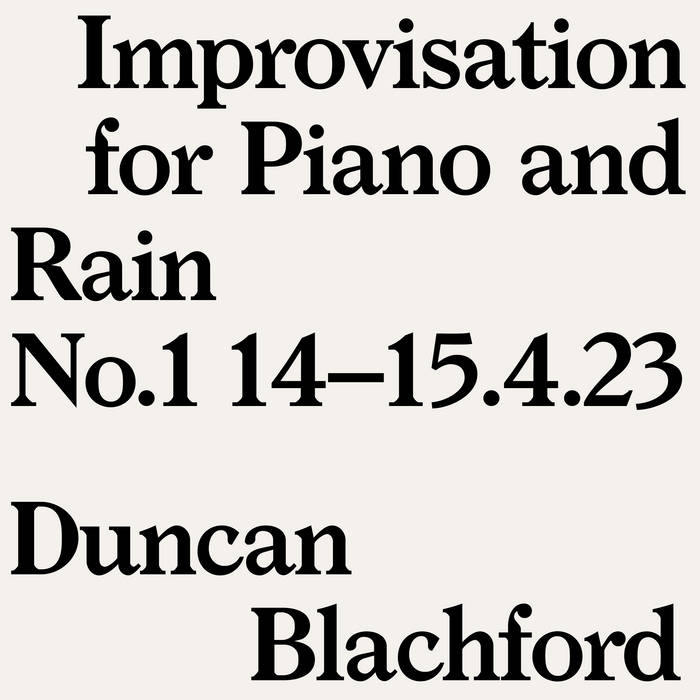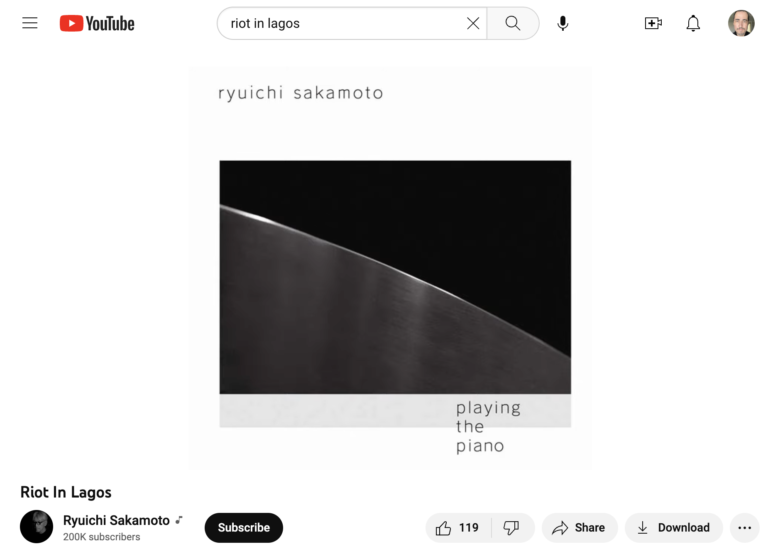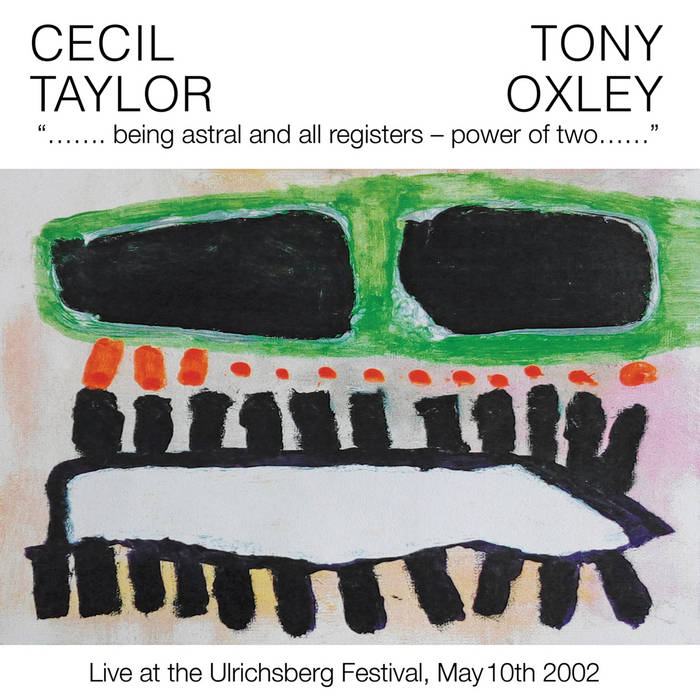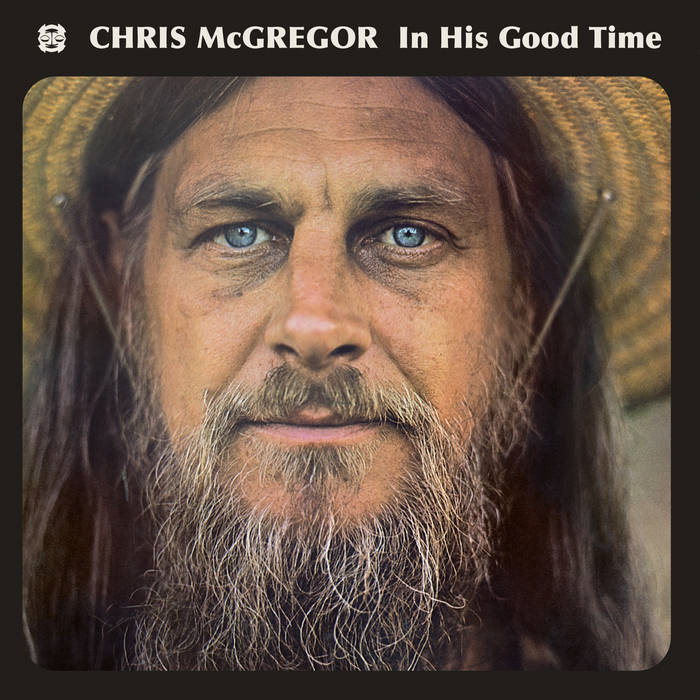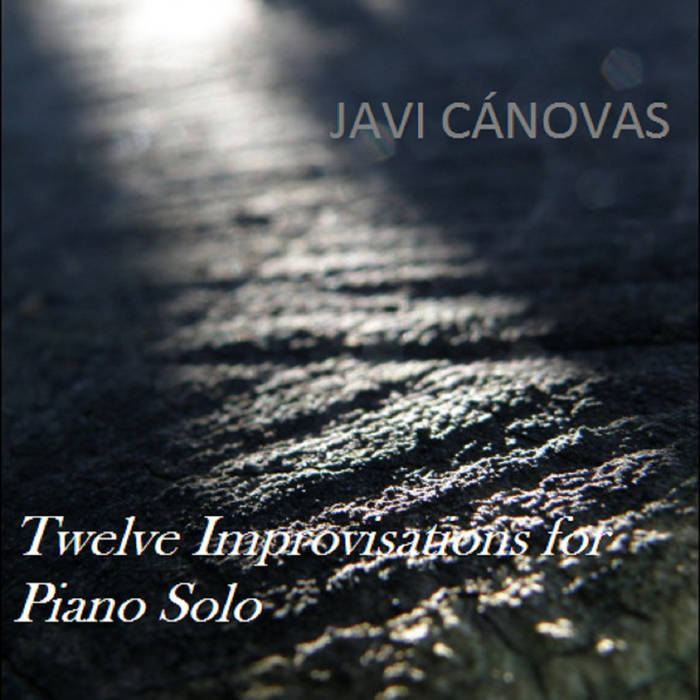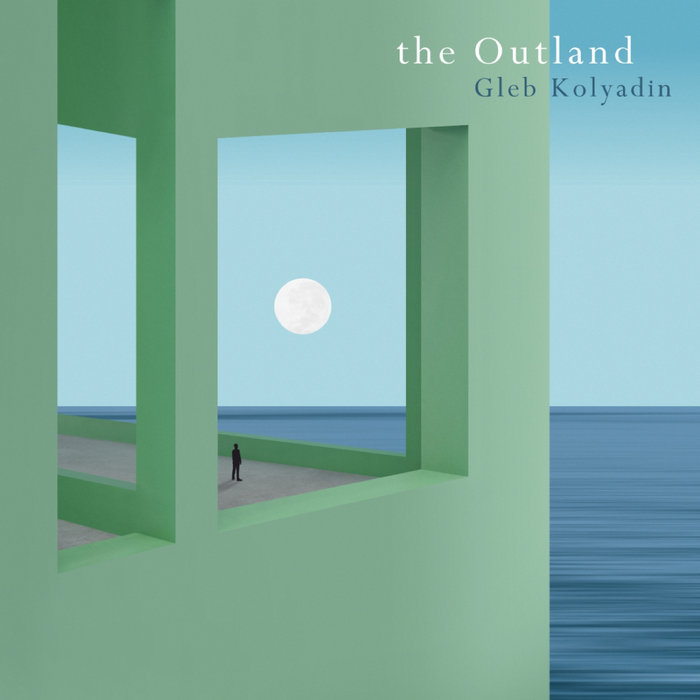I have come across Søren Bebe’s name for years but never had the chance to sit down with his music before. It’s relaxing, well-done jazz infused with Latin rhythms.
Piano
Thelonious Monk – Mønk
Thelonious Monk will need no introduction from my readers. He is the quintessential jazz pianist, and this unreleased album comes from a 1963 Danish recording session. It is Monk playing at his peak. From the release’s Bandcamp site: “Hot on the heels of Impulse’s recently unearthed Coltrane number one hit Continue Reading
Roedelius & Arnold Kasar – Zensibility
On December 1, the maestro will again collaborate with Arnold Kasar (whom he paired with on a Deutsche Grammophon release 5 years ago) on a new album of piano and electronics. Judging by the two tracks available for listening, this will be perfect winter music to meditate to. From the Continue Reading
Roman Stolyar – In Gleisdorf
Our dear friend Roman Stolyar has released a new live solo recording with him performing on the piano and recorder from a show recorded literally last weel in Gleisdorf, Austria.
Duncan Blachford – Piano and Rain No 1
Duncan Blachford is an Australian intuitive musician who delivers a gentle track of piano improvisation. Not bad at all for a non-pianist, I must say, as the track held my attention for its entirety.
Ryuichi Sakamoto – Riot In Lagos (from Playing The Piano)
Ryuichi Sakamoto left this mortal coil on March 28, 2023. This is the second major loss of the year for us after Yukihiro Takahashi’s repose a few weeks back. We celebrate his passing by posting a video of him performing one of his greatest tunes, Riot In Lagos, on piano. Continue Reading
Cecil Taylor & Tony Oxley – Being Astral And All Registers – Power Of Two
I’m not sure if one can rightly call this a free-improv classic, but it’s hard to find two musicians who gel together as well as Cecil Taylor and Tony Oxley do. The piano playing is fierce and powerful, matched stroke-for-stroke by Oxley’s percussion and drumming. A fine live disc.
Chris McGregor – In His Good Time
London served as the home of many magnificent South African musicians, and it is safe to say that pianist Chris McGregor and his band, the Brotherhood of Breath, was the linchpin of the expat community. This particular album was released in 1979 and originally reissued in 2012 with bonus material. Continue Reading
Javi Cánovas – Twelve Improvisations For Piano Solo
Twelve Improvisations For Piano Solo is a solo piano album by Spanish pianist Javi Cánovas from 2016. It’s an elegant listening experience comfortably sitting on a corner where contemporary classical, jazz and new age congregate.
Gleb Kolyadin – The Outland
Gleb Kolyadin is the pianist of Russian progressive rock band iamthemorning, but in this release, he has no problem mixing prog rock with jazz fusion. The album is full of guests, but perhaps the biggest one is King Crimson’s legendary bassist and Chapman stick player Tony Levin playing upright bass. Continue Reading
